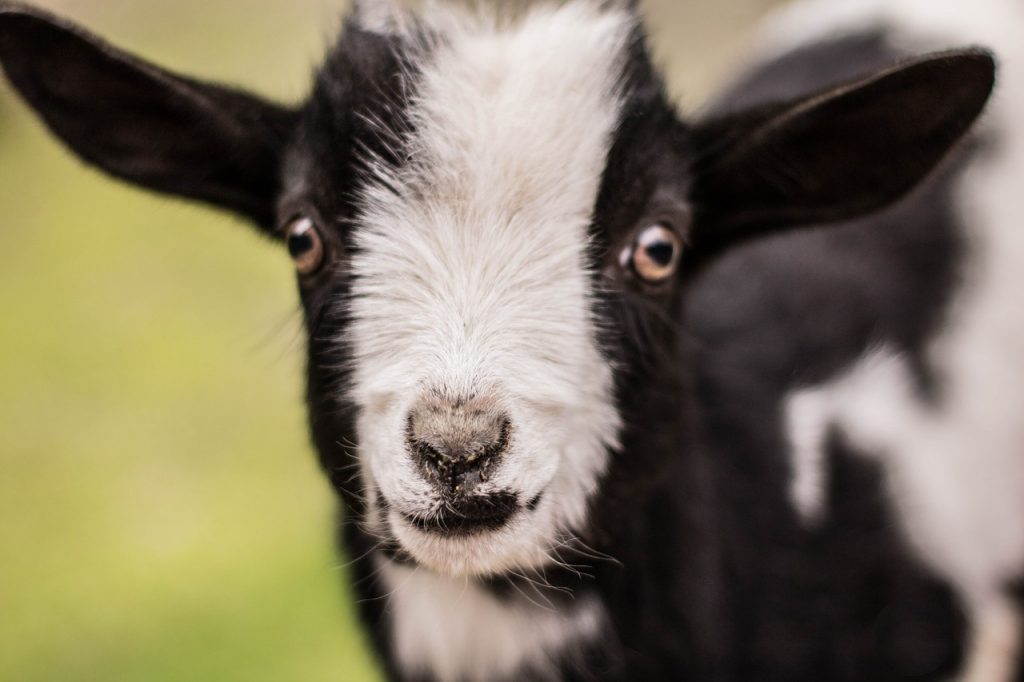
Hi everyone, apologies in advance, this post will be more serious and political than usual and I am sure will be polarizing. The Virginia Beach mass shooting has been on my mind. I am thinking of how New Zealand was able to pass gun-control bills within a matter of days after the horrific Christchurch shooting, while we Americans remain the laughingstock of the entire world. Mass shootings have become so common and taken for granted that The Onion publishes the same satirical but damning article each time more innocent people are murdered (“‘No way to prevent this,’ says only nation where this regularly happens”).
Last week’s post (“We need fewer Theories of Change and more community organizing”) resonated with a lot of people. However, there were a few colleagues, especially researchers and evaluators, who bristled at my call for us to intellectualize less and organize more. As I mentioned several times in the post, strategies and actions are both important, but the BALANCE has been off. Just like food and air are both necessary for survival, but if all we do is breathe, we won’t last. I hope we can come to that agreement, because we have other important things to discuss.
Continue reading “If progressives want change, we must play the game differently. Here are five things we must do.”


